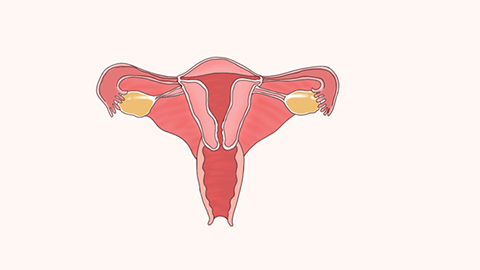What are the effects on a woman if she loses her uterus?
Generally speaking, the absence of the uterus in women, as a change in body structure, mainly affects the following aspects: loss of fertility, cessation of menstruation, changes in pelvic floor structure, changes in sexual life, and psychological impacts. A detailed analysis is as follows:

1. Loss of fertility: The uterus is the organ where fetal development occurs. Without a uterus, a woman can no longer become pregnant or give birth, which is the most direct impact. For women who desire fertility, this change completely alters their reproductive possibilities, necessitating adequate psychological and lifestyle planning before surgery.
2. Cessation of menstruation: Menstruation results from the periodic shedding of the uterine lining. Without a uterus, menstruation permanently stops. This cessation is not a gradual process like natural menopause but rather an abrupt halt, which may require the body some time to adapt to this physiological change.
3. Changes in pelvic floor structure: The uterus provides certain support to the pelvic floor. Without it, the supporting strength of the pelvic floor weakens, potentially leading to pelvic tissue laxity and increasing the risk of vaginal wall prolapse, or prolapse of the bladder or rectum. This may result in symptoms such as a sensation of pelvic pressure, and abnormalities in urination or bowel movements.
4. Changes in sexual life: Some women may experience discomfort during sexual intercourse after losing the uterus, possibly due to slight changes in vaginal length, hormonal fluctuations, or psychological factors, such as vaginal dryness or pain. However, some women are unaffected, and in certain cases, sexual quality of life remains unchanged or even improves due to no longer worrying about pregnancy. Individual differences are significant.
5. Psychological impact: The absence of a uterus may cause some women psychological stress, leading to anxiety, depression, and reduced self-identity. Younger women, in particular, might feel they have lost a part of their feminine identity, which can affect their mental health.
In daily life, if facing this situation, one can actively address potential effects by acquiring relevant physiological knowledge, adjusting one's mindset, and consistently practicing pelvic floor muscle exercises, thus maintaining physical and mental health and quality of life.




